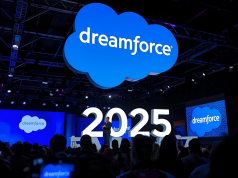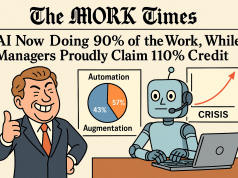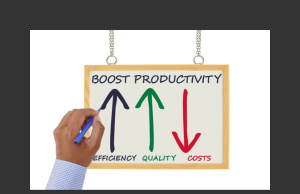In the contemporary workplace, the definition of compensation extends beyond the simplicity of salaries and wages. Today’s workforce—enlightened and empowered—seeks a role that provides not just monetary satisfaction, but a holistic package that aligns with their life priorities, personal values, and career aspirations. As we delve into the progressive strategies that modern organizations employ, it’s clear that redefining compensation to include comprehensive employee benefits is not just a trend but a requisite for attracting and retaining top talent.
The lure of a hefty paycheck is quickly being outshone by the promise of flexibility, well-being, and personal growth. Forward-thinking companies are listening to their employees and are reflecting this feedback by reshaping their compensation frameworks to be more inclusive and attuned to the evolving demands of the workforce.
One of the most impactful trends we are observing is the integration of mental health resources into benefits packages. With rising awareness about mental health, employees are seeking workplaces that support their psychological well-being. Companies are responding by offering services such as access to counselors, mental health days, and mindfulness programs. By acknowledging mental health as a crucial component of overall health, employers are observing a notable uptick in productivity, employee engagement, and loyalty.
Customizable benefits platforms represent another leap forward in compensation strategies. Gone are the days of one-size-fits-all benefits. The modern worker craves autonomy and personalization. Organizations are embracing technology to create benefits platforms that employees can tailor to their unique life situations. Whether it’s choosing additional vacation days over a gym membership or selecting child care assistance in lieu of a parking allowance, these platforms empower employees to construct a benefits package that truly fits their needs.
Moreover, value-driven compensation is emerging as a significant draw for today’s socially conscious workforce. Employees are increasingly looking to work for companies that reflect their values and contribute to society. Companies are incorporating social responsibility and environmental impact into their compensation strategies. Some innovative measures include granting paid time off for volunteer work, matching employee charitable donations, or offering incentives for sustainable commuting.
The implications of these trends are far-reaching. Organizations that adapt to this new paradigm are setting the bar for what it means to be an employer of choice. Gone are the days when a prestige name alone could attract top talent. Now, it’s about the experience, growth, and values the company provides.
Implementing these benefits requires thoughtful communication and change management. Employers should clearly articulate the value of these benefits and ensure that employees understand how to utilize them effectively. When done right, these benefits can become powerful tools for employee satisfaction and retention.
In conclusion, the landscape of work is undergoing a seismic shift. By embracing emerging trends in employee benefits and compensation, companies can create a work environment that resonates with the values and expectations of today’s workforce. It’s not just about staying competitive; it’s about fostering a community where employees feel valued, understood, and invested. These are the organizations that will thrive in the future of work.




























